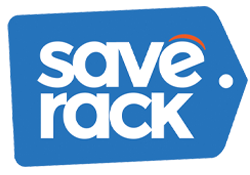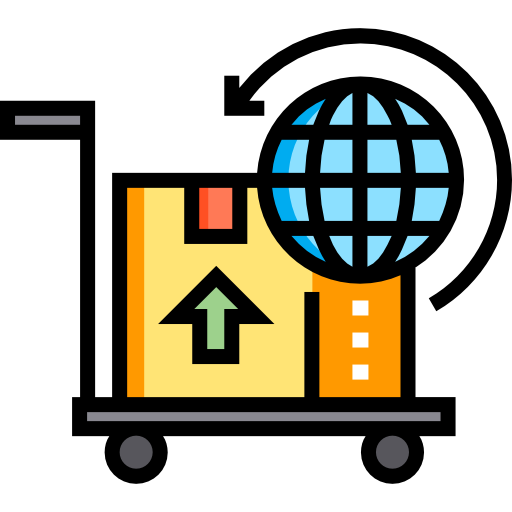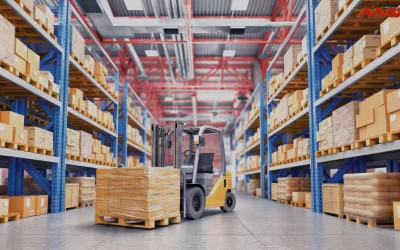International shipping can be a daunting process for e-commerce businesses, especially when dealing with customs regulations and duties. However, Section 321 Fulfillment Services offer a game-changing solution that simplifies and streamlines the process. In this article, we will explore some frequently asked questions (FAQs) about Section 321 Fulfillment Services to help businesses understand how this service can benefit their global e-commerce operations.
What is Section 321 Fulfillment Service?
Section 321 is a provision in the U.S. Customs and Border Protection (CBP) regulations that allows for the duty-free entry of low-value shipments. A Section 321 Fulfillment Service helps e-commerce businesses leverage this provision by consolidating multiple small-value shipments into a single shipment, reducing customs clearance complexities, and minimizing duty costs.
How does Section 321 Fulfillment work?
When using a Section 321 Fulfillment Service, e-commerce businesses ship their products to a fulfillment center located within the United States. The fulfillment center then consolidates multiple individual shipments into one shipment, ensuring that the total declared value remains below the Section 321 threshold (currently $800 per day per recipient). This consolidated shipment is then sent to the international destination, allowing for duty-free entry.
What are the benefits of using Section 321 Fulfillment?
Using Section 321 Fulfillment Services offers several advantages:
Cost Savings: By consolidating shipments, businesses can reduce customs duties, making their products more affordable for international customers.
Streamlined Customs Clearance: The consolidation process simplifies customs clearance, reducing paperwork and processing times.
Faster Delivery: Consolidated shipments can be processed more efficiently, leading to quicker delivery times.
Enhanced Customer Experience: Lower costs and faster delivery times can lead to increased customer satisfaction and loyalty.
Can any business use Section 321 Fulfillment?
While Section 321 Fulfillment Services can benefit various businesses, they are particularly advantageous for e-commerce companies that regularly ship low-value items to international customers. However, eligibility may vary depending on the fulfillment provider’s policies and requirements.
Are there any restrictions on the types of products that can be shipped using Section 321 Fulfillment?
Most products can be shipped using Section 321 Fulfillment, but there are some restrictions. Products subject to specific regulations, such as hazardous materials or controlled substances, may not be eligible for Section 321 clearance. It’s essential to consult with your chosen fulfillment provider to ensure compliance with all relevant regulations.
How can businesses find a reliable Section 321 Fulfillment Service?
Finding a reputable Section 321 Fulfillment Service involves thorough research. Start by seeking referrals and reading reviews from other e-commerce businesses. Verify the provider’s experience, track record, and ability to handle international shipments efficiently. Request quotes and compare pricing and services before making a decision.
What are the costs associated with Section 321 Fulfillment?
The costs of Section 321 Fulfillment Services can vary depending on factors such as the number of shipments, the destination country, and the provider’s fees. However, businesses often find that the cost savings from reduced customs duties and improved efficiency outweigh the fulfillment service fees.
How can businesses ensure compliance with customs regulations when using Section 321 Fulfillment?
To ensure compliance with customs regulations, businesses should work closely with their chosen fulfillment provider. Provide accurate information about the products being shipped, including their values and descriptions. Additionally, stay informed about any changes in customs regulations that may affect your shipments.
Can Section 321 Fulfillment be used for business-to-business (B2B) shipments?
Section 321 Fulfillment is primarily designed for business-to-consumer (B2C) shipments. However, businesses can explore options for consolidating multiple B2B shipments into a single shipment to take advantage of cost savings and streamlined customs clearance.
Are there any specific documentation requirements for Section 321 shipments?
Documentation requirements may vary depending on the destination country and the fulfillment provider. Typically, businesses will need to provide a commercial invoice, packing list, and any required customs forms. Your chosen fulfillment provider will guide you through the documentation process to ensure compliance.
Conclusion
Section 321 Fulfillment Services offer an effective way for e-commerce businesses to simplify international shipping, reduce customs duties, and enhance the customer experience. By understanding the ins and outs of Section 321 and partnering with a reliable fulfillment provider, businesses can expand their global reach and navigate the complexities of international e-commerce with confidence.








